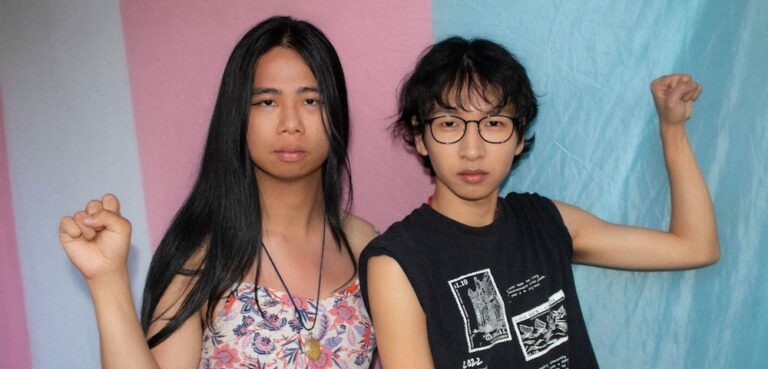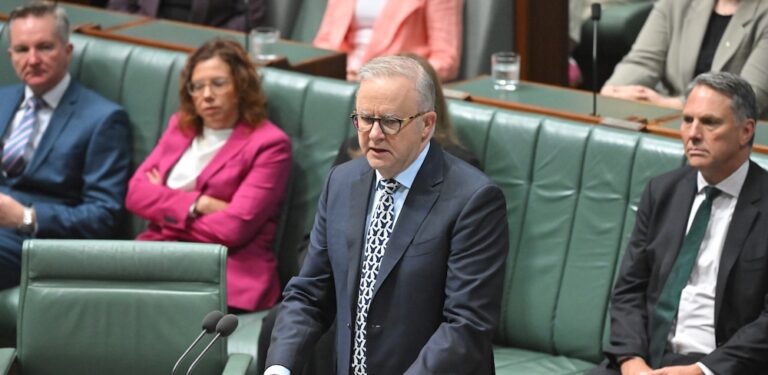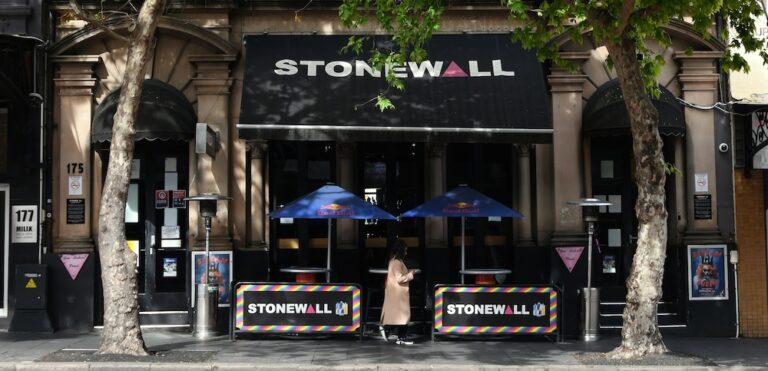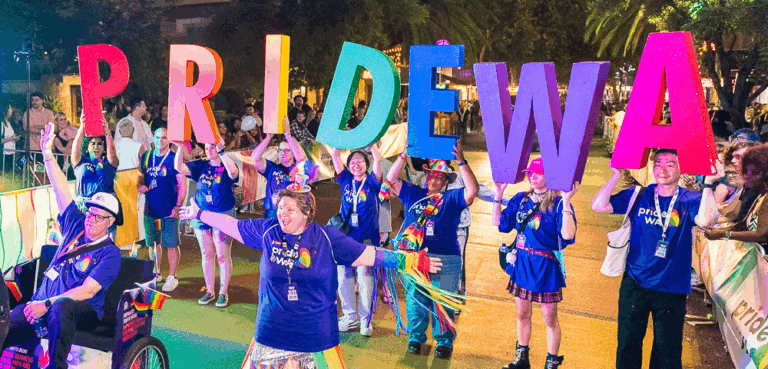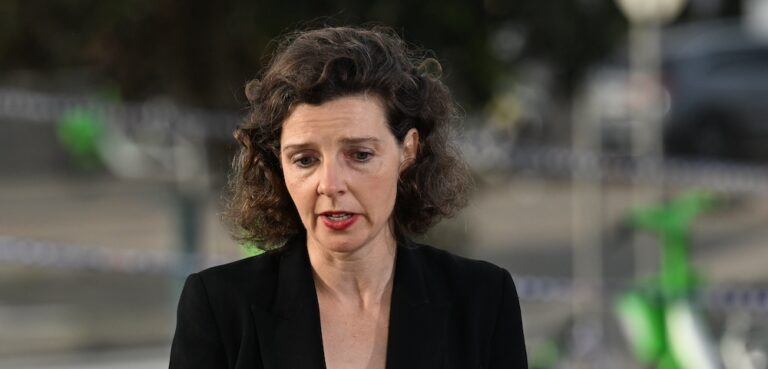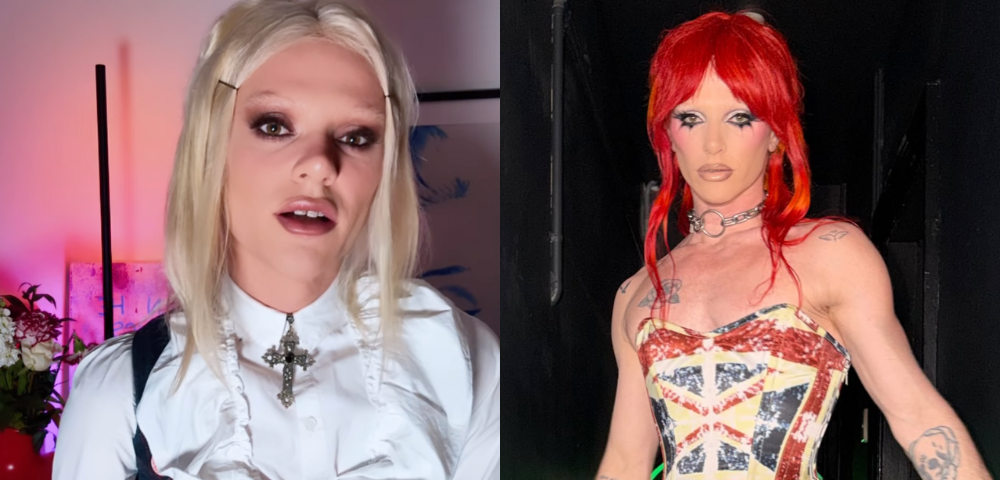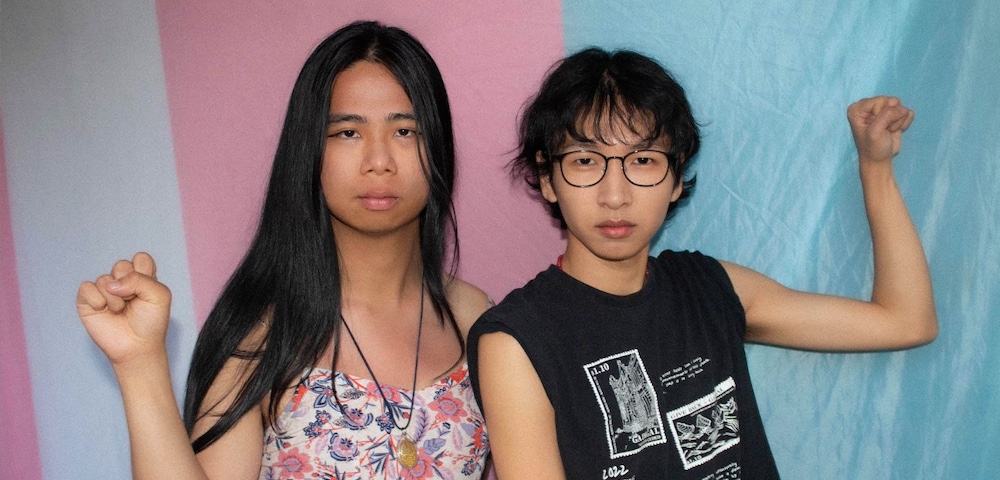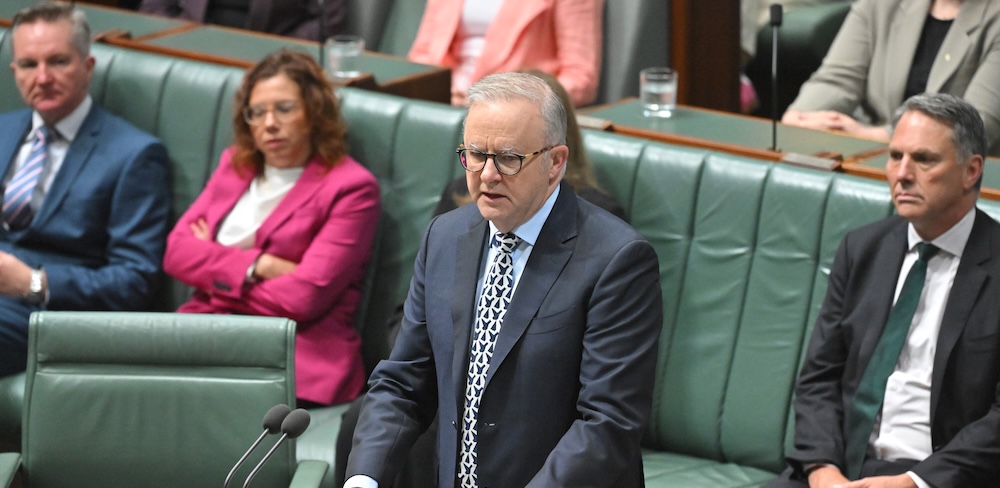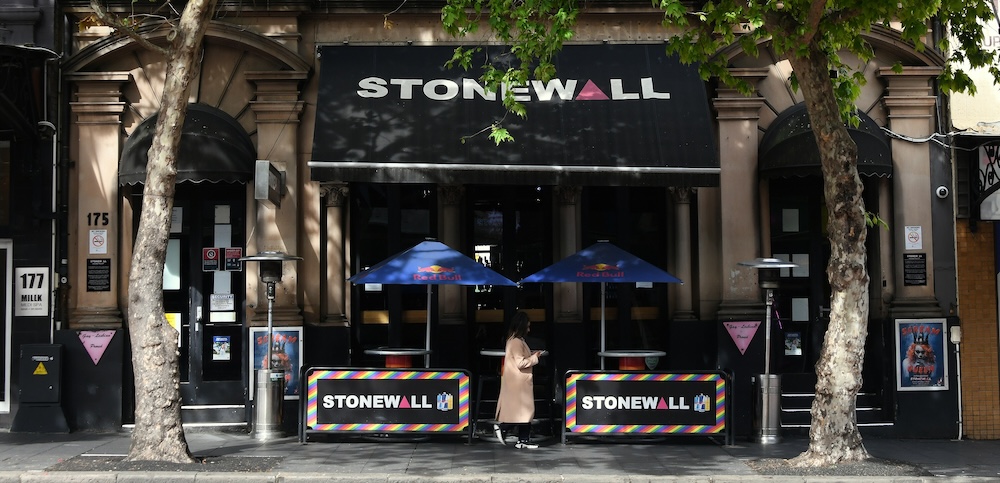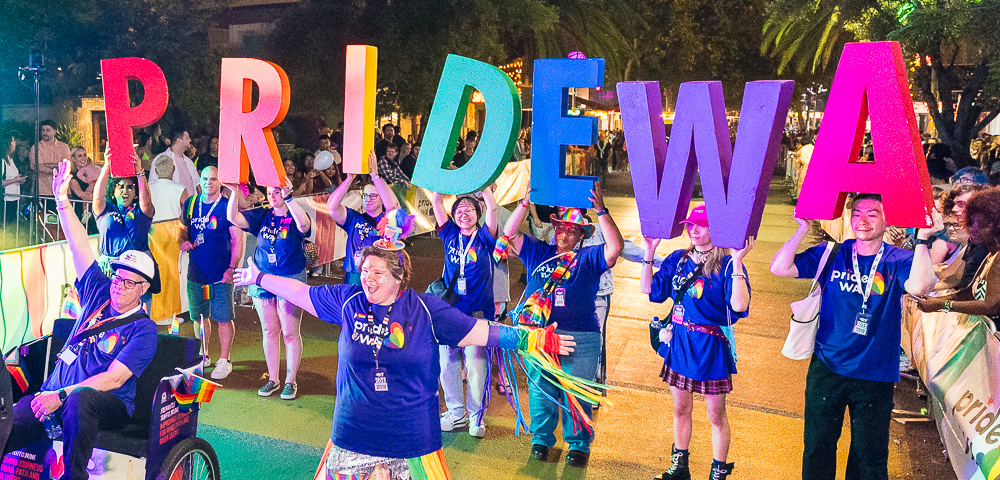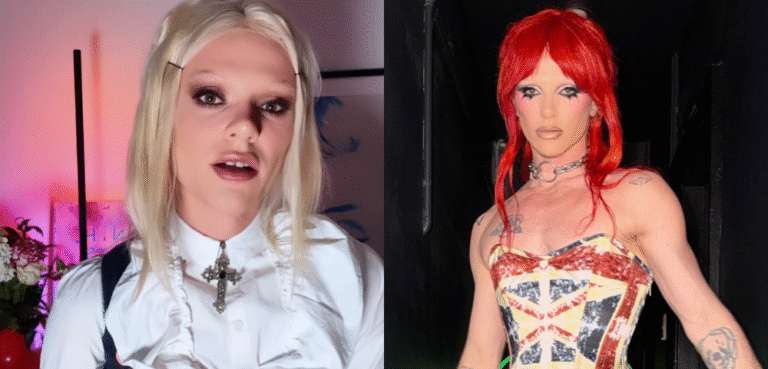
Australian Government Fails To Protect Rights of Trans And Intersex Persons
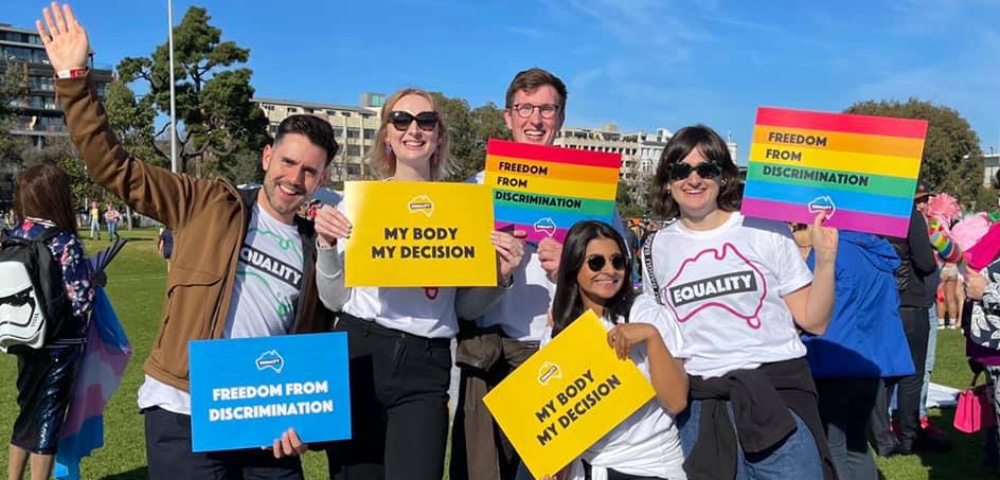
The Australian government has failed to accept two of five recommendations regarding LGBTQI+ rights, following the United Nations Human Rights Council’s Universal Periodic Review (UPR) in Geneva earlier this year.
On Thursday, July 8, in response to the review, the Australian government announced that they would commit to ensuring free and timely access to healthcare for all LGBTIQ+ people and end discrimination based on sexual orientation and gender-identity with awareness raising campaigns and training of public officials.
But leading advocates have criticised the government for failing to protect the rights intersex persons after ignoring recommendations submitted by Iceland, Malta and Spain calling for an end to forced or coercive medical interventions on children with intersex variations.
The government instead stated that it is the role of the courts to review all cases where surgery is not “medically necessary”.
Bioethicist and Executive Director of Intersex Human Rights Australia, Morgan Carpenter, said this was “profoundly disturbing.” The government’s statement ignored the reality that these interventions are routine and doctors can carry them out without permission from the courts.
Carpenter said that courts allow such requests when sought by doctors and pointed to a 2016 order where a judge “described unnecessary early surgery on a pre-school child as ‘enhancing” female genital appearance'”.
The Morrison government also ignored the recommendation to remove legal hurdles that cite gender-affirming surgery as a requirement for trans people who wish to obtain identification documents that reflect their gender.
As it stands, New South Wales and Queensland require trans and gender-diverse people to have gender confirmation surgery, an invasive and oftentimes financially unviable procedure, before they are able to formally update their gender status.
Whereas, in Western Australia, hormone therapy treatment is required. These unnecessary barriers highlight the dissonance between how gender is defined by government and LGBTIQ+ communities.
Failure To Show Leadership
“We regret that the Australian Government has failed to show leadership on the international stage by urging all the remaining states of Australia to remove surgery requirements that prevent trans and gender diverse people getting access to the basic gender-affirming identification documents they need to live, study and work with dignity,” said Co-Secretary General at ILGA World and trans fa’afafine woman of colour, Tuisina Ymania.
This sentiment was echoed in a statement by Ghassan Kassisieh, Legal Director at Equality Australia.
“We welcome the Australian government’s commitment to improving access to healthcare for LGBTIQ+ people and … to end discrimination against LGBTIQ+ people. But with three states still forcing trans and gender diverse people to have surgery or medical treatment before they can update their gender on ID documents and intersex people still without protection from non-consensual and deferrable medical interventions across the country, the Commonwealth Government needs to show national leadership so that LGBTIQ+ people are not left behind,” said Kassisieh.
Equality Australia was the lead author on LGBTIQ+ issues in the NGO Coalition submission on Australia’s human rights record, coordinated by the Human Rights Law Centre.
Taking place every five-years, the Universal Periodic Review (UPR) was established by the UN Human Rights Council to hold member states accountable to their human rights obligations. The process helps to establish an international benchmark for member states to adhere to, reassess and improve upon, ensuring that their citizens are protected. At its last UPR review in 2015, Australia was asked to amend its marriage laws to allow same -sex couples to marry.
During the January 2021 review, Australia was praised for implementing marriage equality. Despite the nation-wide postal survey that was criticised previously by committee member Sarah Cleveland as positioning LGBTIQ+ human rights as optional.
Other recommendations to Australia included raising the age of criminal responsibility for children to at least 14 years. As well as, addressing the various ways First Nation Australians, asylum seekers and women are disadvantaged.
